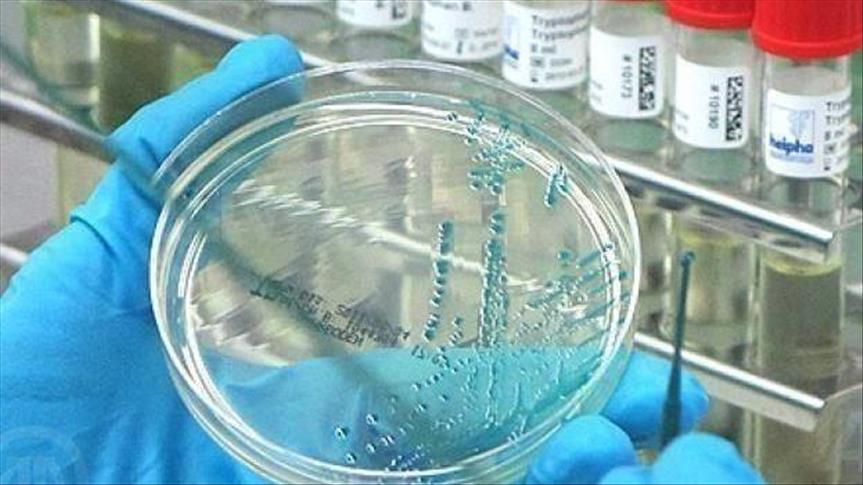China penalizes 357 officials over substandard vaccines
202 suspects arrested over illegal trade involving $88 million in improperly stored, transported vaccines

By Mahmut Atanur
BEIJING
More than 350 Chinese officials have been penalized and 202 suspects arrested in a crackdown on an illegal trade involving around $88 million in substandard vaccines, according to state media Thursday.
The China Daily reported that the government will tighten measures in the management of vaccines, after a health care scandal broke out last month following the arrest of a mother and daughter accused of selling expired or improperly stored vaccines.
A statement released Wednesday after an executive meeting on the crackdown, presided over by Prime Minister Li Keqiang, said the cases “exposed prominent problems such as inadequate quality supervision and management, delayed discovery and punishment of illegal selling, official nonfeasance and an immature risk management mechanism."
The illegal trade reportedly involved 25 vaccines across 24 provinces since 2011, and authorities have filed a total of 192 criminal cases.
The penalized 357 officials in 17 provincial-level regions have been demoted or removed from their positions.
Under the new regulations on vaccines, violators will be blocked from the vaccine industry and face increased fines, while officials accused of complicity will have to resign.
Meanwhile, pharmaceutical wholesale enterprises will no longer be authorized to trade in vaccines and a new system will be established to track supplies from production to use.
Official news agency Xinhua reported that an expert team which examined 19 batches of confiscated vaccines determined that their use would not result in safety risks.
Authorities believe that the illegal vaccines -- including those for more than 10 diseases -- were produced by licensed manufacturers, but were of substandard quality and transported or stored improperly.
According to police, the substandard vaccinations came from over 100 pharmaceutical suppliers -- both licensed and unlicensed -- and were sold at inflated prices to “illegal agents” and possibly local disease control and prevention centers.








